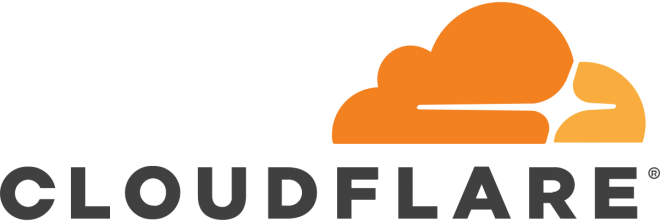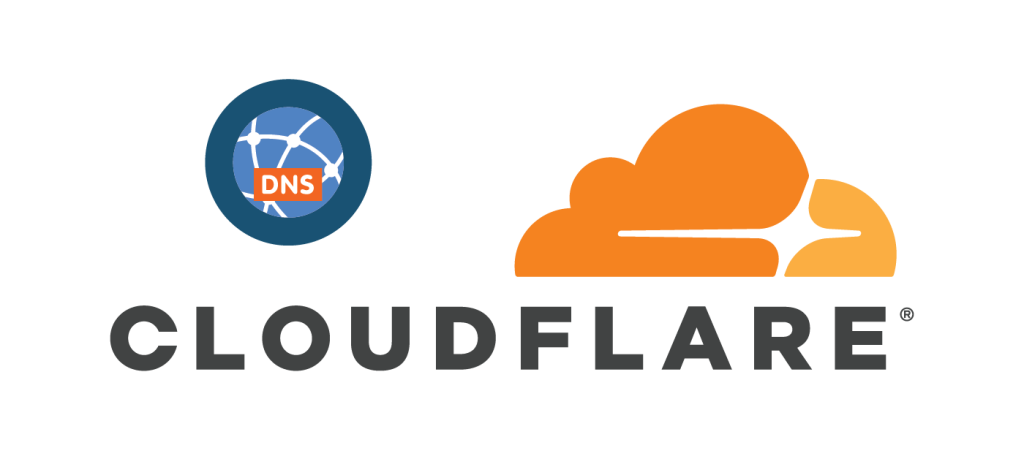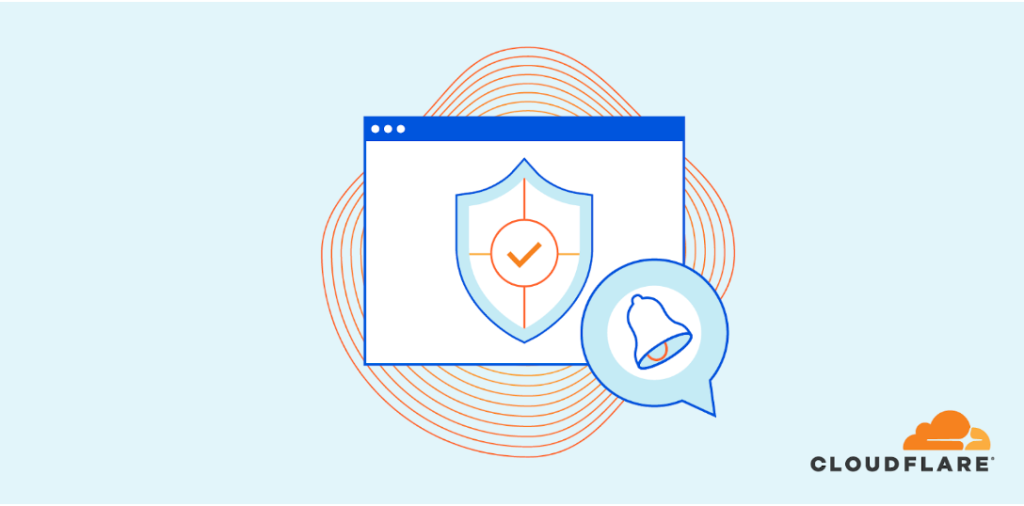
Table of Contents
Cloudflare nameservers are DNS (Domain Name System) servers provided by Cloudflare, a company that offers a variety of services aimed at optimizing and securing websites and internet applications.
DNS servers translate domain names (like “example.com”) into IP addresses (like “192.0.2.1”) that computers use to communicate with each other over the internet. When you use Cloudflare’s nameservers for your domain, all DNS queries for that domain are routed through Cloudflare’s global network.

Using Cloudflare’s nameservers offers several benefits:
- Performance: Cloudflare operates a large global network of servers, so DNS queries are typically resolved quickly, reducing latency for users accessing your website.
- Security: Cloudflare’s DNS service includes built-in security features, such as protection against DDoS attacks and DNS spoofing.
- Reliability: Cloudflare’s infrastructure is designed to be highly available and resilient, helping to ensure that your website remains accessible even during periods of high traffic or network issues.
- Analytics: Cloudflare provides detailed analytics and logs for DNS traffic, allowing you to monitor and analyze how users are accessing your website.
To use Cloudflare’s nameservers for your domain, you typically need to update your domain’s DNS settings with the nameserver information provided by Cloudflare. Once configured, Cloudflare will manage DNS resolution for your domain, helping to optimize performance and enhance security for your website or application.
The purpose of Cloudflare Nameservers
The purpose of Cloudflare nameservers revolves around optimizing website performance, enhancing security, and providing reliability for online assets. Here are the primary purposes:

- DNS Resolution: Cloudflare nameservers facilitate the translation of domain names (e.g., example.com) into corresponding IP addresses (e.g., 192.0.2.1). This process is crucial for directing users’ requests to the correct servers hosting a website or online service.
- Content Delivery Network (CDN): Cloudflare operates a global network of servers strategically distributed around the world. By using Cloudflare’s nameservers, website owners can leverage this CDN infrastructure to cache and deliver content closer to users, reducing latency and improving page load times.
- Security Features: Cloudflare integrates security features into its DNS service, such as protection against DDoS (Distributed Denial of Service) attacks, DNS spoofing, and DNSSEC (Domain Name System Security Extensions) support. These features help safeguard websites and online services from various cyber threats.
- DDoS Mitigation: Cloudflare’s nameservers can absorb and mitigate large-scale DDoS attacks by distributing traffic across its network and filtering out malicious requests. This capability helps ensure that websites remain accessible and operational during attack incidents.
- Analytics and Insights: Cloudflare provides analytics and insights into DNS traffic patterns, allowing website owners to monitor and analyze how users interact with their online assets. This information can help optimize performance, troubleshoot issues, and make data-driven decisions regarding infrastructure and content delivery.
In summary, Cloudflare nameservers play a critical role in optimizing website performance, enhancing security, and providing robust DNS infrastructure to ensure the availability and reliability of online assets.
Advantage and dis advantages of cloudflare nameservers.

Using Cloudflare nameservers offers several advantages and some potential disadvantages:
Advantages:
- Improved Performance: Cloudflare operates a global network of servers, which can result in faster DNS resolution and reduced latency for users accessing your website or online services.
- Content Delivery Network (CDN): Cloudflare’s CDN caches static content closer to users, reducing server load and improving website performance. This can result in faster page load times and better user experiences.
- Enhanced Security: Cloudflare provides various security features, including protection against DDoS attacks, Web Application Firewall (WAF) capabilities, SSL/TLS encryption, and DNSSEC support. These features help safeguard your website from cyber threats and vulnerabilities.
- High Availability: Cloudflare’s infrastructure is designed for high availability and reliability, helping ensure that your website remains accessible even during traffic spikes or network issues.
- Analytics and Insights: Cloudflare offers detailed analytics and insights into DNS traffic patterns, allowing you to monitor and analyze how users interact with your website. This information can help optimize performance, identify potential issues, and make data-driven decisions.
Disadvantages:
- Dependency on Cloudflare: Using Cloudflare nameservers means relying on Cloudflare’s infrastructure for DNS resolution and other services. If Cloudflare experiences downtime or service disruptions, it could impact your website’s availability and performance.
- Limited Control: While Cloudflare provides a range of configuration options and settings, you may have less direct control over certain aspects of your DNS configuration compared to managing your own DNS servers.
- Potential Privacy Concerns: Cloudflare handles DNS queries for your domain, which means they have visibility into the traffic to and from your website. Some users may have privacy concerns about the level of data collection and logging performed by Cloudflare.
- Learning Curve: Configuring and managing Cloudflare settings may require some time and effort to understand the platform’s features and best practices effectively.
- Cost: While Cloudflare offers free plans with basic features, some advanced capabilities and higher levels of support may require a paid subscription, which could incur additional costs.
Overall, the advantages of using Cloudflare nameservers often outweigh the potential disadvantages for many website owners, particularly in terms of performance optimization, security, and reliability. However, it’s essential to carefully evaluate your specific requirements and consider any potential drawbacks before integrating Cloudflare into your infrastructure.
Uses of Cloudflare nameservers

Cloudflare offers a variety of services and features that can be beneficial for websites of all sizes and types. Some common uses of Cloudflare in websites include:
- Content Delivery Network (CDN): Cloudflare’s CDN caches static content, such as images, CSS files, and JavaScript, across its global network of servers. This helps reduce latency and improve page load times for visitors accessing your website from different geographic locations.
- DDoS Protection: Cloudflare provides robust DDoS protection capabilities that help mitigate and absorb large-scale distributed denial-of-service (DDoS) attacks. By routing traffic through its network and employing advanced filtering techniques, Cloudflare helps ensure that your website remains accessible and operational during attack incidents.
- Web Application Firewall (WAF): Cloudflare’s WAF helps protect websites from various web application attacks, including SQL injection, cross-site scripting (XSS), and other common vulnerabilities. The WAF can be configured to enforce security rules and block malicious traffic before it reaches your web servers.
- SSL/TLS Encryption: Cloudflare offers free and flexible SSL/TLS encryption options, allowing website owners to secure their sites with HTTPS. This not only helps protect sensitive data transmitted between users and your website but also improves trust and credibility among visitors.
- Load Balancing: Cloudflare’s load balancing feature helps distribute incoming traffic across multiple servers or data centers, improving overall performance, scalability, and reliability of web applications and services.
- DNS Management: Cloudflare provides robust DNS management capabilities, allowing website owners to easily configure DNS records, set up redirects, and manage domain settings through an intuitive dashboard.
- Performance Optimization: Cloudflare offers various performance optimization features, including image optimization, JavaScript minification, and resource prefetching, which help reduce page size and improve rendering speed for visitors.
- Analytics and Insights: Cloudflare provides detailed analytics and insights into website traffic, DNS queries, and security events. This information allows website owners to monitor performance metrics, identify potential issues, and make data-driven decisions to optimize their online presence.
- Mobile Optimization: Cloudflare’s mobile optimization features help improve the performance and usability of websites on mobile devices by delivering optimized content and resources tailored to mobile browsers and network conditions.
Overall, Cloudflare offers a comprehensive suite of services designed to enhance the performance, security, and reliability of websites and web applications, making it a popular choice for website owners looking to optimize their online presence.
